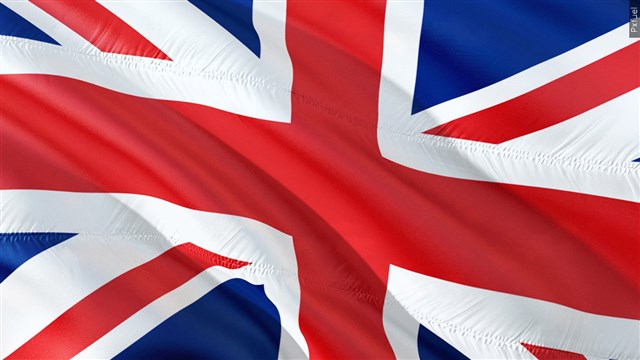A leading Muslim organization in the UK has warned of the government’s discriminatory policies, insisting that British banks target Muslims in the country, denying them access to financial services.
The UK is discriminating against British Muslims by “disproportionately” denying them banking services and closing their accounts “without adequate transparency and recourse,” the Muslim Council of Britain (MCB) Secretary General Zara Mohammed complained in a letter written to UK Prime Minister Rishi Sunak, Chancellor Jeremy Hunt, Labor leader Sir Keir Starmer and Liberal Democrat leader Sir Ed Davey, demanding the protection of universal banking rights.
In the letter, she noted that successive governments have ignored the issue of banks withdrawing services from British Muslims, and the practice has persisted “unhindered, with limited transparency into the relevant banking systems and decision-making processes, little to no recourse for those impacted and no action taken by successive governments to address any of the aforementioned.”
The letter added, “Many law-abiding Muslim individuals and Muslim-led organizations” have been “gravely impacted by the arbitrary withdrawal of banking services” and argued that it had “become par for the course over the past decade” with no moves taken to stop it leaving the group with “deep concerns.”
“We urge for an impartial review that not only addresses the mechanisms behind bank account closures but also examines why British Muslims are disproportionately affected by this issue,” the letter said, calling for an independent probe into the decision-making process and the use of third parties in the financial services sector.
According to UK’s financial watchdog, the Financial Conduct Authority, Muslims are the only faith group likely to be “unbanked” across Britain.
Fadi Itani, the CEO of the UK-based Muslim Charities Forum, says that charities have been facing bank closures for over two decades and are often “over-policed” by banks and their policies.
“This typically happens with organizations working in more sensitive regions where there is a higher security risk, but we’ve found this to be extended to a much wider definition, creating an unfair burden for charitable organizations to work with,” he told MEE.
However, questions over the fairness of the “arbitrary withdrawal” of banking services in the UK, also referred to as the so-called British “de-banking” problem, just only came under the spotlight in recent weeks after former UK Independent Party (UKIP) leader Nigel Farage had his account closed by Coutts.
Following the closure of Farage’s bank account due to his political views, the rightwing now-TV presenter launched a campaign, voicing strong indignation over his ejection from Coutts.
The former MP, who demands a “full apology” from the Coutts bank, said his account was unfairly shut down.
“Every law-abiding citizen in this country should have the right to a bank account,” Farage wrote in the Daily Telegraph as he claimed to stand up for vulnerable people in his campaign against “woke capitalism.”
Coutts, eventually, offered to reinstate Farage’s personal and business accounts, prompting the senior British politician to seek compensation after the row played out publicly.
Farage announced that “the fight goes on” and he now wants a face-to-face meeting with the bank’s bosses in a bid to understand how many other people had been affected by account closures.
So far, the fall-out between Farage and the UK bank has led to the resignation of chief executives at NatWest, Coutts’ parent company, and the commencement of an independent review into the targeting of Farage.
“So, I have today sent a legal litigation letter to Coutts where I want some full apologies, I want some compensation for my costs, but—more important than all of that—I want a face-to-face meeting with the bank’s bosses,” he said.
“I want to find out how many other people in Coutts or NatWest have had accounts closed because of their political opinions, and I want to make sure this never happens to anybody else ever again,” Farage said, speaking on his GB News program. (PressTV.ir)













